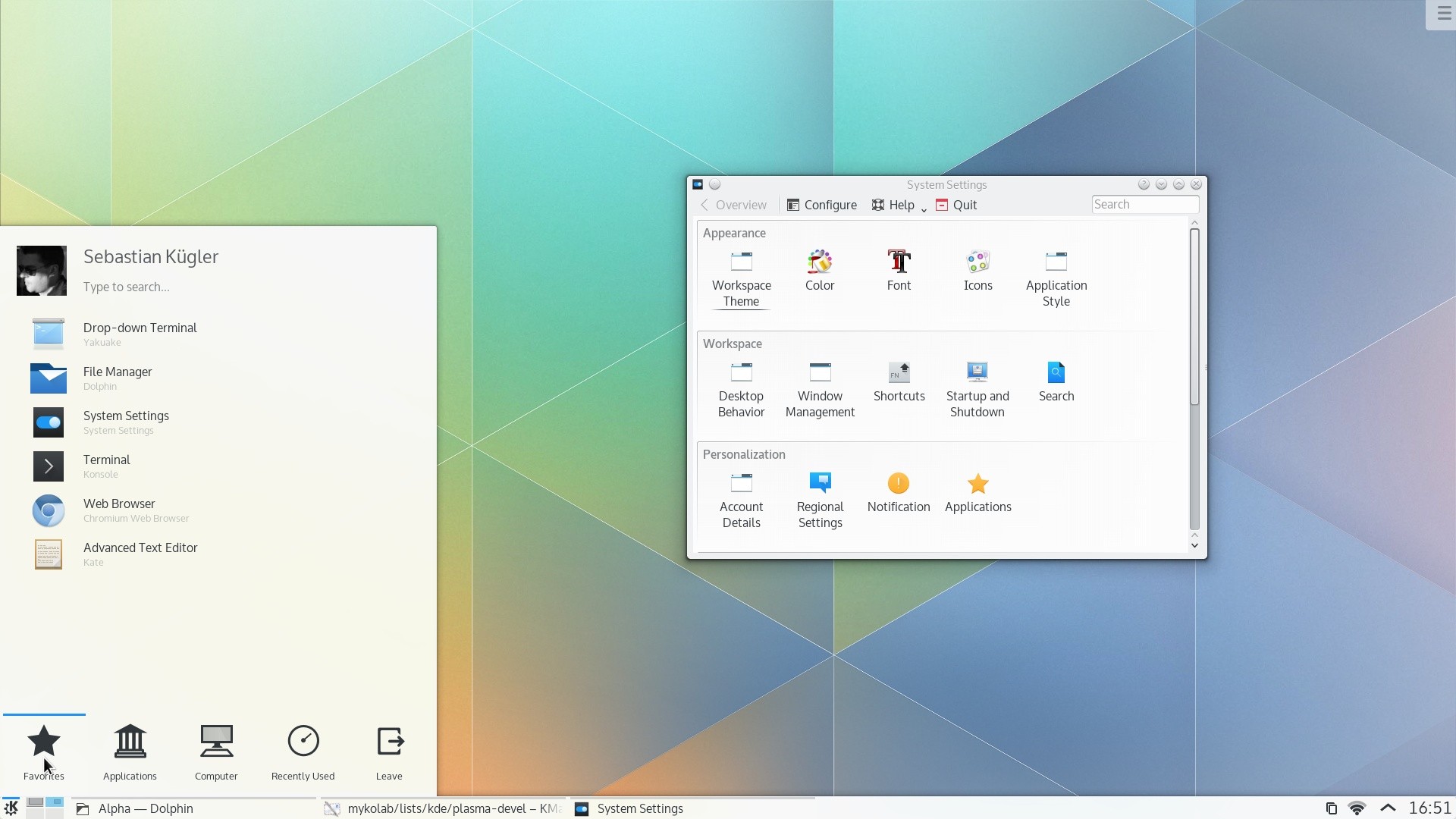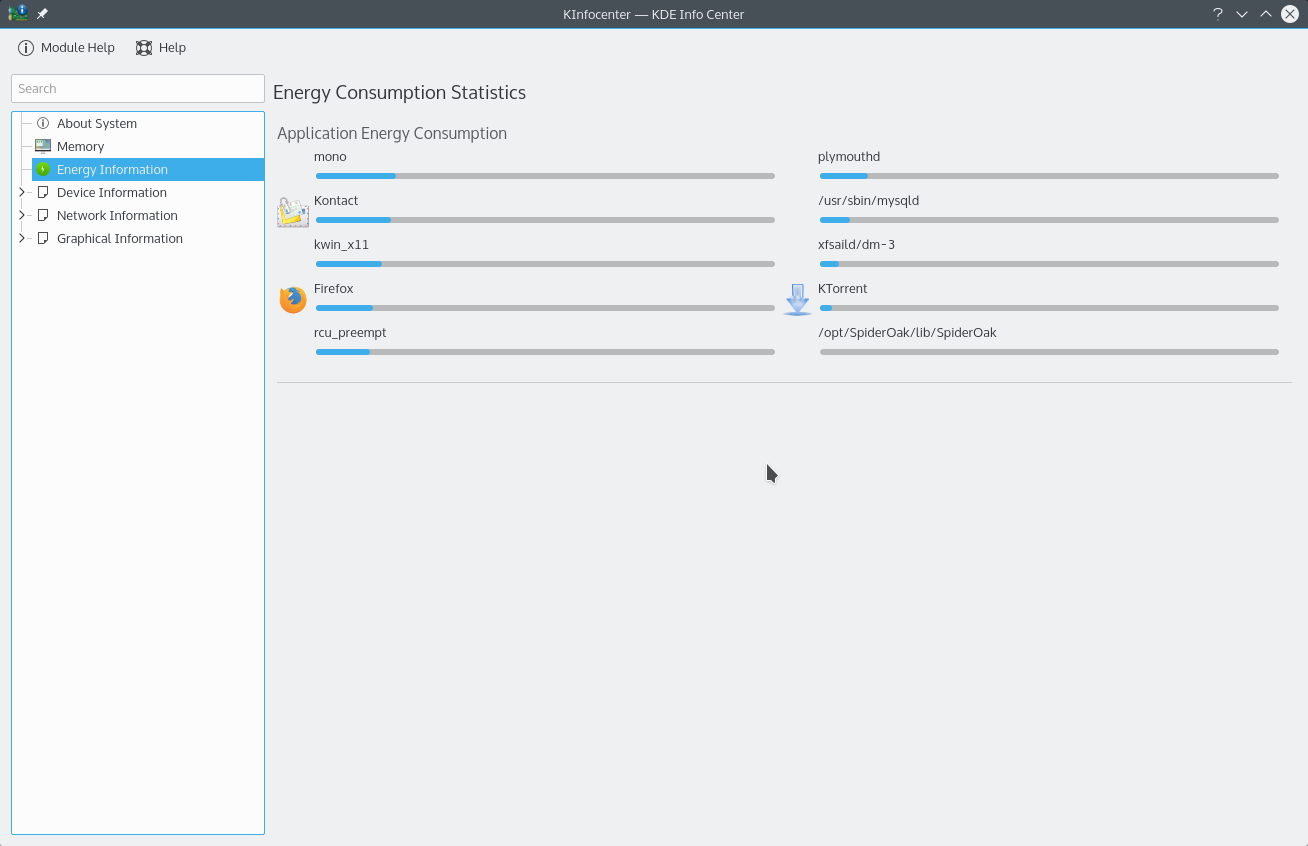FSFE Newsletter - März 2017
Dieser Newsletter ist auch verfügbar in
English,
Français,
ShqipOn Diaspora:
English,
FrançaisDie LiMux-Chroniken
In Februar erschütterten die Neuigkeiten zu #
LiMux die Welt. LiMux war ein Projekt der Stadt #
München, das 2013 abgeschlossen wurde. Es stellt eins der besten Beispiele für eine Hersteller neutrale, auf Freier Software basierende Verwaltung dar. Während seiner aktiven Ausführungsphase wurden 15.000 Arbeitsplatzrechner und Laptops der öffentlichen Verwaltung auf Freie Software umgestellt.
Es kam als eine Ãœberraschung als letzten Monat #
SPD und #
CSU einen Eilantrag vor den Münchner Stadtrat einreichten, der die Einstellung des Projekts und die Rückkehr zu proprietären Lösungen verlangte.
Die Reaktion aus der Community war unmittelbar und eindrucksvoll. FSFEs stellvertretender Koordinator für Deutschland, Björn Schießle,
beschreibt den weiteren Verlauf. Es wurde eine ad-hoc Koalition zwischen der FSFE, der Document Foundation, #
KDE und #
OSBA gebildet, die Fragen zum Antrag und den damit zusammenhängenden Prozessen sammelte. Stadtratmitglieder wurden vor der Anhörung kontaktiert. FSFE-Unterstützer*innen aus Deutschland und Österreich wurden eingeladen sich zu beteiligen, in dem sie sich mit Politiker*innen zu diesem Thema in Verbindung setzen. Es wurde außerdem
ein Pressespiegel in verschiedenen Sprachen erstellt.
Während der öffentlichen Anhörung haben die beteiligten Parteien manche unserer Fragen zitiert und zugegeben, dass sie noch nie zu einer Angelegenheit so viel Input von der Öffentlichkeit bekommen hätten. Das Ergebnis der Anhörung war ein abgeänderter Antrag, der am 15. Februar angenommen wurde. In diesem wurde die Verwaltung aufgefordert, eine Strategie für die Vereinheitlichung der Client-seitigen IT-Architektur der Stadt bis zum Ende des Jahres 2020 vorzuschlagen. Die Strategie sollte auf einem noch zu entwickelnden proprietären Client aufbauen und eine größtmögliche Kompatibilität mit existierenden Lösungen gewährleisten.
Die FSFE behauptet nicht, LiMux hätte alle Probleme gelöst. Allerdings behaupten wir, dass die in München vorhandenen Probleme meist organisatorischer Natur sind und deswegen unabhängig von den technischen Lösungen angegangen werden sollten. Öffentliche Infrastruktur soll unabhängig von einzelnen Software-Vertreiber*innen bleiben und in Gemeingüter investieren, die z.B. durch Freie Software zur Verfügung gestellt werden.
Helft uns zu wachsen und auch in 2017 einen Unterschied zu machen
https://fsfe.org/join
Was haben wir sonst noch gemacht? Innerhalb und außerhalb der FSFE
- Für #IloveFS: André hat den Free Software Song übersetzt.
- Nach dem erfolgreichen pre-FOSDEM-Treffen letztes Jahr haben die FSFE und #OpenForum Europe die Tradition fortgesetzt und aktive Freie Software Akteure auf einen gemeinsamen Event zu öffentlicher Politik zusammen gebracht. Das diesjährige Treffen hat es einzelnen Bürger*innen und Entscheidungsträger*innen ermöglicht, sich persönlich zu Themen der Freien Software in der öffentlichen Verwaltung und der #Politik auszutauschen.
- Seit 16 Jahren ist die FSFE auf der #FOSDEM mit einem Stand, sowie zahlreichen ehrenamtlichen Helfer*innen und Mitarbeiter*innen vertreten. Reinhard Müller, der Koordinator für den FOSDEM-Stand, beschreibt in seinem Bericht die großartige Atmosphäre unter den Helfenden und die überragenden Mengen an Merchandise und Infomaterial, die an den zwei Tagen des Events verteilt wurden.
- Im Jahr 2016 haben wir in Europa drei neue Dachorganisationen willkommen gehießen, die sich für Freie Software (und Hardware) Projekte einsetzen: Public Software CIC, The Commons Conservancy und Center for the Cultivation of Technology. Die Interessen der Allgemeinheit unterstützend, bieten diese brandneuen Organisationen einen Rechtsträger für Projekte in Bezug auf Spenden, Buchhaltung, Stipendien und Zuschüsse, Gesetzeseinhaltung und sogar anspruchsvolle Verwaltung. Durch diese Unterstützung im Verwaltungsbereich können sich die Projekte mehr auf die Gemeinschafts- und technischen Aspekte ihrer Arbeit konzentrieren.
Unternimm was
Wir haben immer noch freie Plätz für studentische Praktikant*innen für 2017. Wenn du im Moment studierst und in deinem Studium ein Pflichtpraktikum vorgesehen ist, oder du an einem freiwilligen #
Praktikum interessiert bist, solltest du dich
jetzt bewerben.
Hilf uns den #Newsletter zu verbessern
Haben wir Neuigkeiten verpasst oder würdest du gerne bestimmte Nachrichten im nächsten Newsletter sehen? Dann teil uns das mit oder gib uns weitere Rückmeldungen per E-Mail an newsletter@fsfe.org. Wir freuen uns auf Feedback!
Vielen Dank an allen
Freiwilligen,
Unterstützer*innen und
Spendenden die unsere Arbeit ermöglichen.
Eure Autor*innen Olga Gkotsopoulou und Jonas Öberg
FSFEFSFE-Newsletter abonnieren
Spenden#
FreieSoftware #
FSFE 
In February, the news about LiMux shook the world. LiMux, a project run by the city of Munich and completed in 2013, constitutes one of the finest examples of vendor-neutral administration based on Fr...















 The spreadsheet I started two weeks ago is not working well for this, so I am looking for a better solution. I have worked with #KMyMoney for some time before, but 8-10 years ago. On my current distribution I also found #HomeBank and #Skrooge what I have heard much about in the last time.
The spreadsheet I started two weeks ago is not working well for this, so I am looking for a better solution. I have worked with #KMyMoney for some time before, but 8-10 years ago. On my current distribution I also found #HomeBank and #Skrooge what I have heard much about in the last time.

 Would really love to see this as a native Jolla app!
Would really love to see this as a native Jolla app! :loveheart
:loveheart 